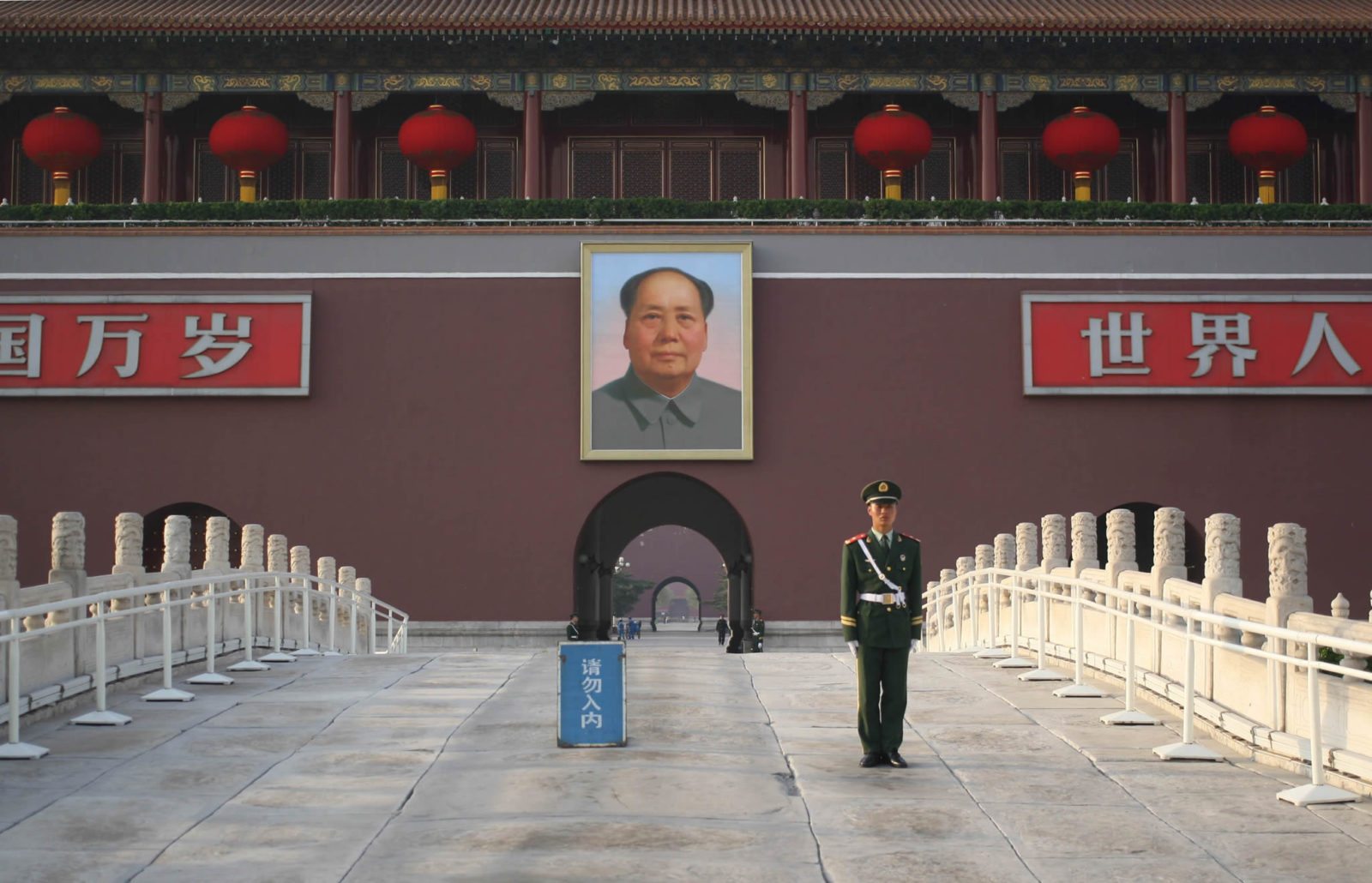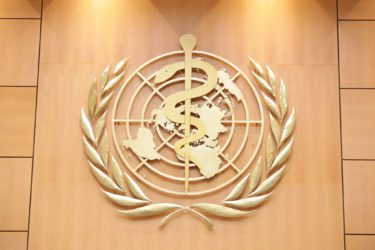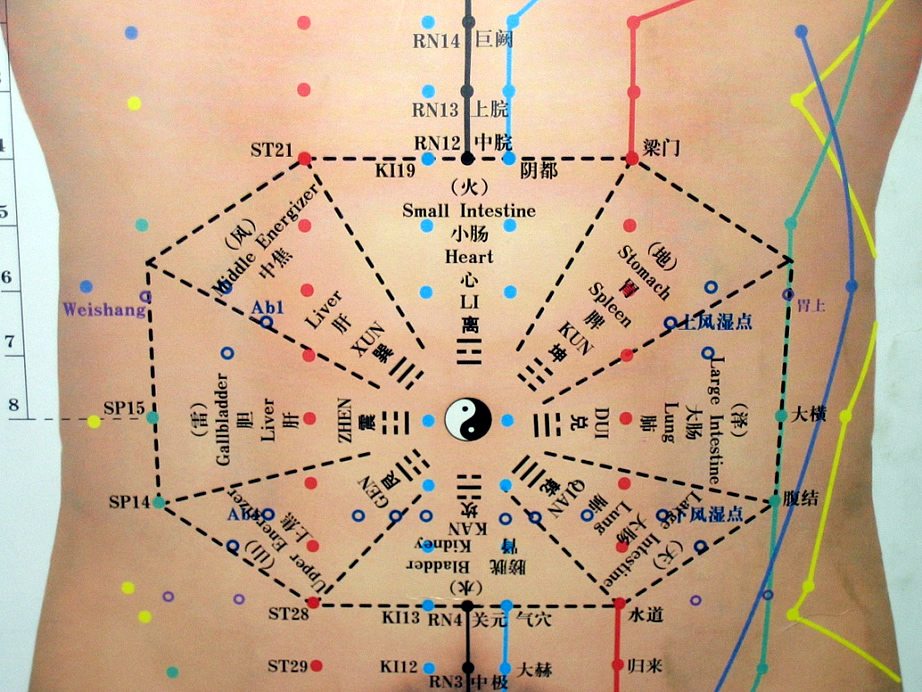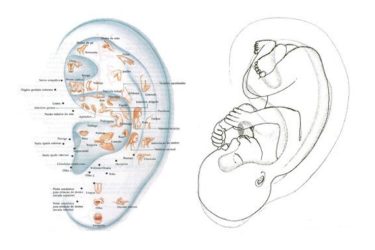Results for: A Proclamation from Chairman Mao

“Acupuncture Anesthesia”: a Proclamation from Chairman Mao (Part IV)
The Cultural Revolution After investigating ‘acupuncture anesthesia’ in the People’s Republic of China in 1973, John Bonica wrote: From the guarded comments made by several anesthesiologists, I concluded that this disuse [of ‘acupuncture anesthesia,’ after its introduction in 1958 until the Great Proletarian Cultural Revolution began in 1966] was the result of disappointing failures in a significant proportion of patients. During the...

“Acupuncture Anesthesia”: a Proclamation from Chairman Mao (Part III)
A Digression: The Politics of Chinese Medicine in the People’s Republic of China (The Early Years) *** A Partial Book Review: Chinese Medicine in Early Communist China, 1945-63: a Medicine of Revolution, by Kim Taylor Mao’s was a complex personality. He was by nature a control freak, highly secretive, quickly suspicious, ruthless in revenge. These were all personal characteristics that were to...

“Acupuncture Anesthesia”: A Proclamation from Chairman Mao (Part II)
An Anesthesiologist’s Perspective The late John Bonica (1917-1994), one of the great anesthesiologists of the 20th century, has been called “The Founding Father of the Pain Field.” He developed this interest while treating wounded soldiers at Fort Lewis, Washington, during WW II. Shortly thereafter he became a pioneer of epidural analgesia and other forms of safe pain relief for labor and delivery....

“Acupuncture Anesthesia”: A Proclamation from Chairman Mao (Part I)
James Reston’s Appendectomy For many Americans, the current wave of public fascination with “complementary and alternative medicine (CAM)” can be traced to a single event: New York Times columnist James Reston’s appendectomy in China during the summer of 1971, which Reston reported in an interesting and amusing article on July 26 of that year. Many of those who noticed the publicity following this event...

In the tradition of Chairman Mao, traditional Chinese medicine gets a new boost by the Chinese government
Despite a lack of evidence for its efficacy and safety, traditional Chinese medicine (TCM) has made major inroads into US medical centers, both academic and community. I've told the story of how Chairman Mao Zedong created the myth of TCM and promoted it to credulous Westerners to facilitate the "integration" of TCM and "Western medicine." Over the holiday break, I learned that...

ICD-11: A triumph of the “integration” of quackery with real medicine
ICD-10 is an a standardized system of alphanumeric codes for diagnoses maintained by the World Health Organization used throughout the world for billing, epidemiology, research, and cataloging causes of death. Its successor, ICD-11, is nearing completion, and unfortunately appears to be taking the "integration" of traditional medicine to a whole new level by integrating quack diagnoses with real diagnoses.

Retconning the story of traditional Chinese medicine
Proponents of "integrating" traditional Chinese medicine (TCM) into medicine paint a tale of an ancient, unified system of medicine that's been tested over at least two millennia and found to be effective. The real story is very different and is best explained with a term more commonly used to discuss comic books. Basically, the "integration" of TCM into "Western medicine" is nothing...

Acupuncture Doesn’t Work
About a year ago the editors of Anesthesia & Analgesia solicited a written debate on whether or not acupuncture is effective or simply an elaborate placebo. Four experienced acupuncture researchers agreed to write the pro-acupuncture article, Wang, Harris, Lin and Gan. They asked David Colquhoun to write the con position, and David asked me to write it with him (which, of course,...

‘Acupuncture Anesthesia’ Redux: another Skeptic and an Unfortunate Misportrayal at the NCCAM
A neglected skeptic Near the end of my series* on ‘Acupuncture Anesthesia’, I wrote this: Most Westerners—Michael DeBakey and John Bonica being exceptions—who observed ‘acupuncture anesthesia’ in China during the Cultural Revolution seem to have failed to recognize what was going on right under their noses. I should have added—and I now have—Arthur Taub’s name to that tiny, exceptional group. Taub, a neurologist and...

Ear Acupuncture for Procedural Pain in Neonates: More Randomized Controlled Nonsense
A recently published multicenter randomized and placebo controlled study attempted to answer the question of whether or not magnetic acupuncture beads stuck on premature baby ears reduced pain during a common screening exam. They don't. And they might have made things worse for these babies.

